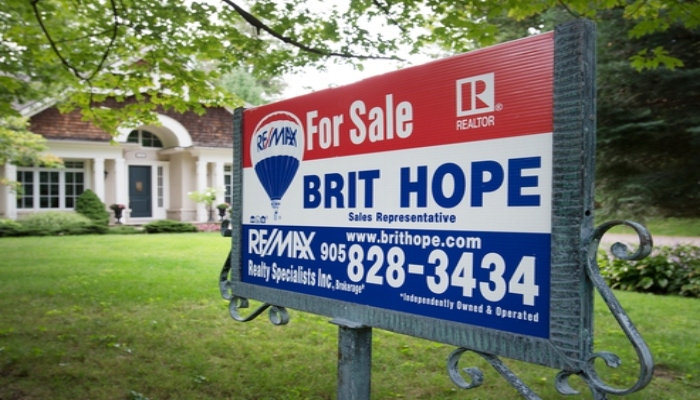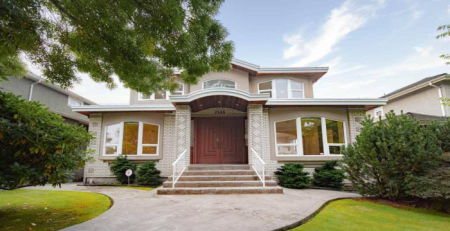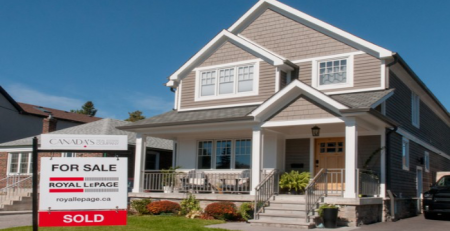Home prices to drop, new report predicts — and even Toronto and Vancouver won’t be immune
[Financial Post – September 23, 2020]
Moody’s predicts prices for all housing types to fall more than 7 per cent
The pandemic will punish Prairie house prices the most in Canada, but even hotspots Toronto and Vancouver will see prices drop on the back of rising rental market vacancies and lower immigration rates, according to a new report.
Average single family detached house prices will fall by 6.7 per cent next year as the recovery stalls, economic stimulus fades and debt problems increase, Moody’s Analytics and RPS Real Property Solutions Inc. forecast in a housing market outlook published Wednesday. The figure combining all housing types is a drop of more than 7 per cent.
Calgary and Edmonton will lead the losers with 10 per cent peak-to-trough slides in prices next year as oil market woes continue, with Regina next at more than a 9 per cent drop predicted. Toronto follows with a near 9 per cent fall forecast. Vancouver prices are expected to drop at just less than 7 per cent, the report said.
“The housing market will no longer be able to escape the poor condition of the labour market as vacancy and delinquency rates rise in 2021,” report author Abhilasha Singh of Moody’s Analytics said in a statement. “However, while all regions are expected to experience price declines, the size of the impact will vary meaningfully across them.”
The report follows earlier forecasts by Canadian Mortgage and Housing Corp., the country’s largest public mortgage provider, and cited its data. On Monday, CMHC chief economist Bob Dugan reaffirmed his call that house prices could decline by 18 per cent because of pandemic-induced weak housing demand.
“High unemployment and lower income will restrain buyers’ return to the market,” Singh estimated. “So will affordability issues in Vancouver and Toronto. Further, slower in-migration flows to Canada due to COVID-19 disruptions will weigh on housing demand. Not even lower interest rates will be enough to save the housing market.”
Housing starts are forecast to decline to 151,000 annualized units by the third quarter of 2021, compared with 206,000 in the first quarter of 2020, according to the report. But the market will rebound in 2021 after vaccines have become widespread and prices for single family dwellings should rise by 4.6 per cent in 2022, Singh predicts.
“Rental vacancy rates will rise in Toronto and Vancouver as an increased supply of rental units coincides with a fall in demand due to disruption of migration to Canada,” she wrote.
One bright spot was the trend of city dwellers — freed by working from home — seeking suburban and countryside properties with more space.
“The pandemic has boosted demand for properties offering more space for working from home and fewer shared areas with neighbours,” Singh said. “Smaller markets where such properties are more affordable will particularly benefit from this trend.”











